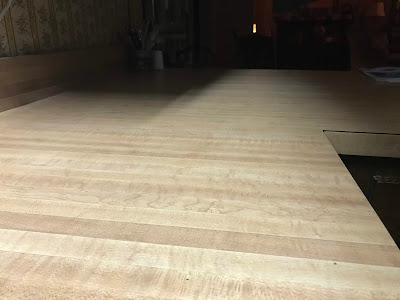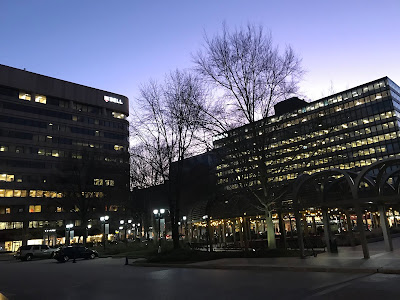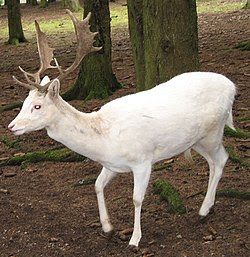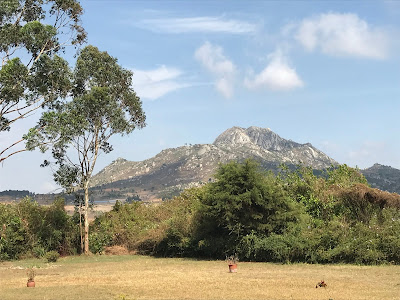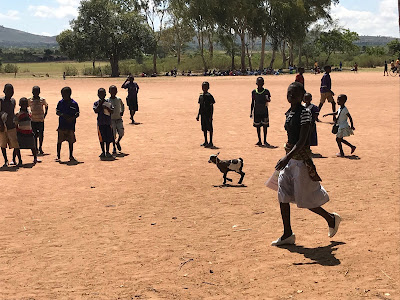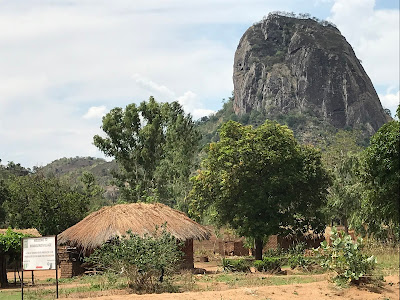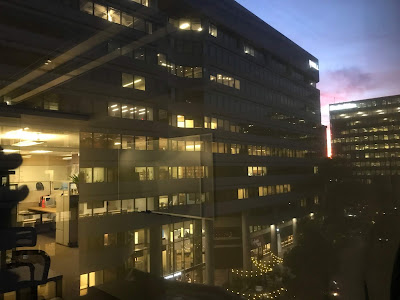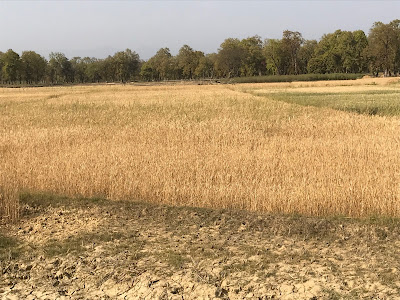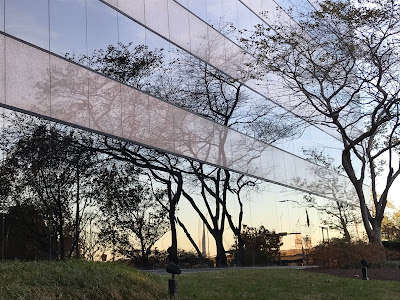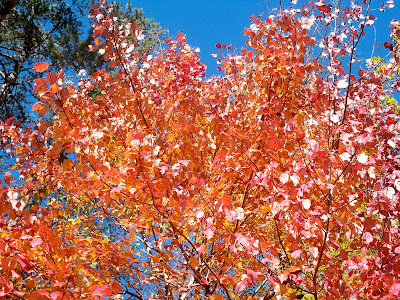Blank Slate
I’ve started off the new year with almost as much clutter as before — with one notable exception: I cleared off one counter in the kitchen. I banished the bread box, moved the canisters and corralled the papers. Which means I begin 2020 with one clean sweep of vintage Formica.
I’m not sure why I did this, but there must be a deep-seated need to begin the year with a blank slate, to clear the way for 12 more months of experiences … and stuff.
Nature abhors a vacuum, of course, especially in this house, and things are constantly piling up on the counter: newspapers, mail, glasses, crumbs. But so far nothing I can’t dispatch quickly to its intended spot or to the recycling bin.
This won’t last long, I know. The house in general is full to bursting. There’s a warren of boxes in the basement, and a vanity and bathtub in the garage … but here in my kitchen, at this very moment, there is a lovely open countertop. And I’m going to keep it that way as long as I can.
